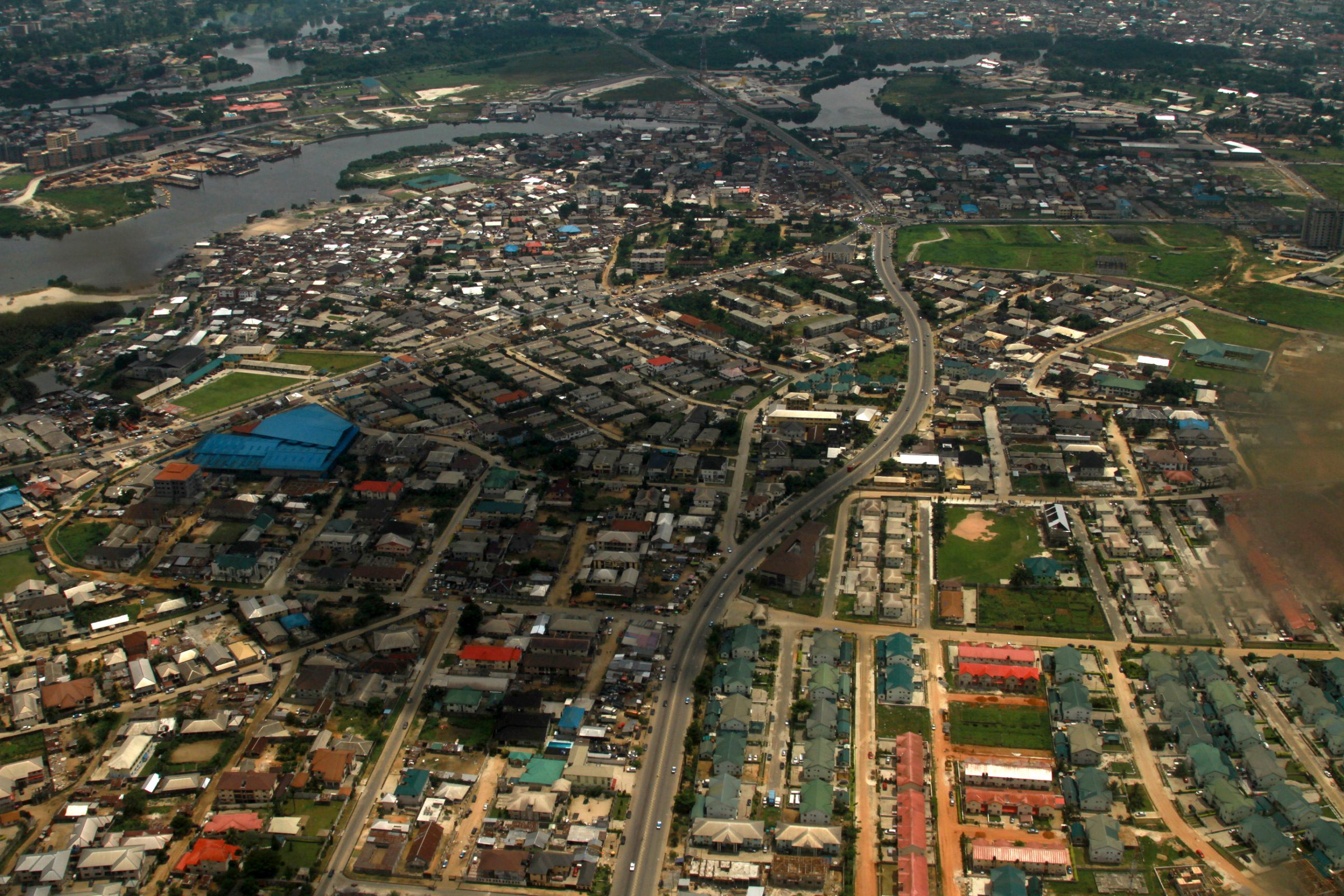
Correction appended, Sept. 4.
Three cases of Ebola have been identified in the southern Nigerian city of Port Harcourt, the World Health Organization (WHO) says, confirming that the disease has spread outside Lagos, where five people have died.
Officials in Port Harcourt — a teeming city of 1.4 million in the Niger delta — are now monitoring over 200 people, 60 of whom are considered at high risk of having contracted the disease. It is a worrying expansion of an epidemic that has now killed 1,900 in West Africa and defied the attempts of under-staffed and under-funded aid teams to halt it.
WHO officials warn that the virus is not just expanding geographically but also accelerating. Ebola has now sickened upwards of 3,500 people and in the past week alone almost 400 people have died of the virus, said Dr. Margaret Chan, director-general of the WHO at a press conference in Washington D.C. on Wednesday.
“This Ebola epidemic is the longest, the most severe and the most complex we’ve ever seen,” said Chan. Experts, she added, “have never seen anything like it.”
Some $600 million in supplies will now be needed to duel with the epidemic, the worst on record, WHO officials said—up $110 million from the estimate given last week, according to Reuters. The increased sum will further test the willingness of the global community to tackle the disease at source. Health organizations such as Doctors Without Borders have already been highly critical of what they say is a lackluster international response.
As the epidemic expands, resources on the ground have not, WHO officials said. There is no room in what few hospitals there are in the worst-hit areas; terrified medical staff have stopped showing up to work; and in Liberia the bodies of Ebola victims are being left unattended in the streets. Some who contract the disease are also choosing to hide their illness—in the meantime, unwittingly infecting those around them—rather than be turned upon by neighbors.
Meanwhile, some 150 scientists and experts convened Thursday at the WHO’s headquarters in Geneva, Switzerland, for a two-day meeting to review available experimental Ebola drugs and vaccines and draft testing plans for the most promising. None of the drugs have been tested in humans, but one of them, ZMapp, was given to two Ebola patients who survived their illness.
On Tuesday, the U.S. Department of Health and Human Services awarded a contract worth up to $42.3 million to ZMapp’s manufacturer, jump-starting clinical trials and fresh production of the drug, supplies of which are currently tapped out.
The W.H.O estimates that Ebola will take 20,000 more lives before its transmission is stopped.
Correction: The original version of this story incorrectly identified the capital of Nigeria. It is Abuja.
Footage of life in Dolo Town, some 40 miles (60 k.m.) east of Monrovia, Liberia, which has been quarantined to contain the spread of Ebola.
More Must-Reads from TIME
- Donald Trump Is TIME's 2024 Person of the Year
- Why We Chose Trump as Person of the Year
- Is Intermittent Fasting Good or Bad for You?
- The 100 Must-Read Books of 2024
- The 20 Best Christmas TV Episodes
- Column: If Optimism Feels Ridiculous Now, Try Hope
- The Future of Climate Action Is Trade Policy
- Merle Bombardieri Is Helping People Make the Baby Decision
Contact us at letters@time.com